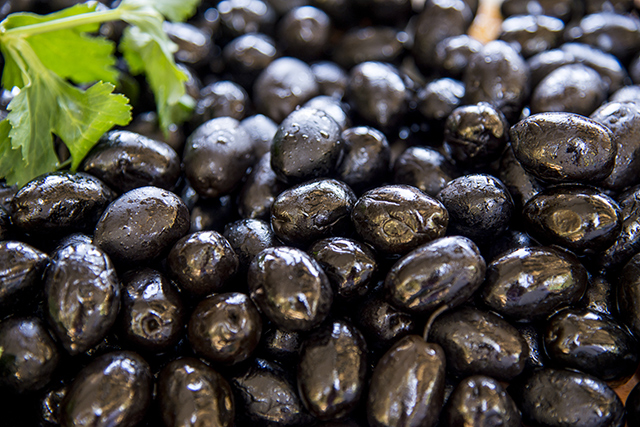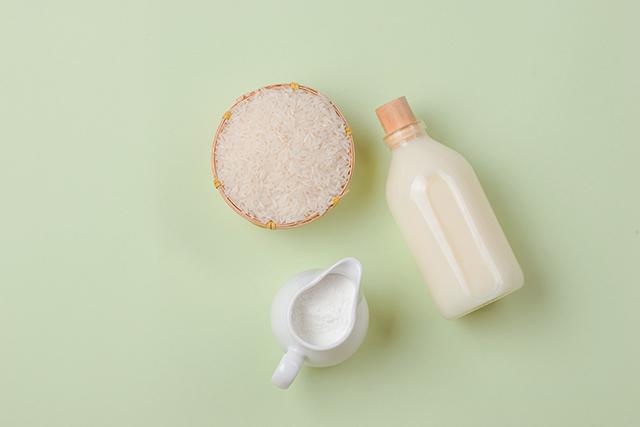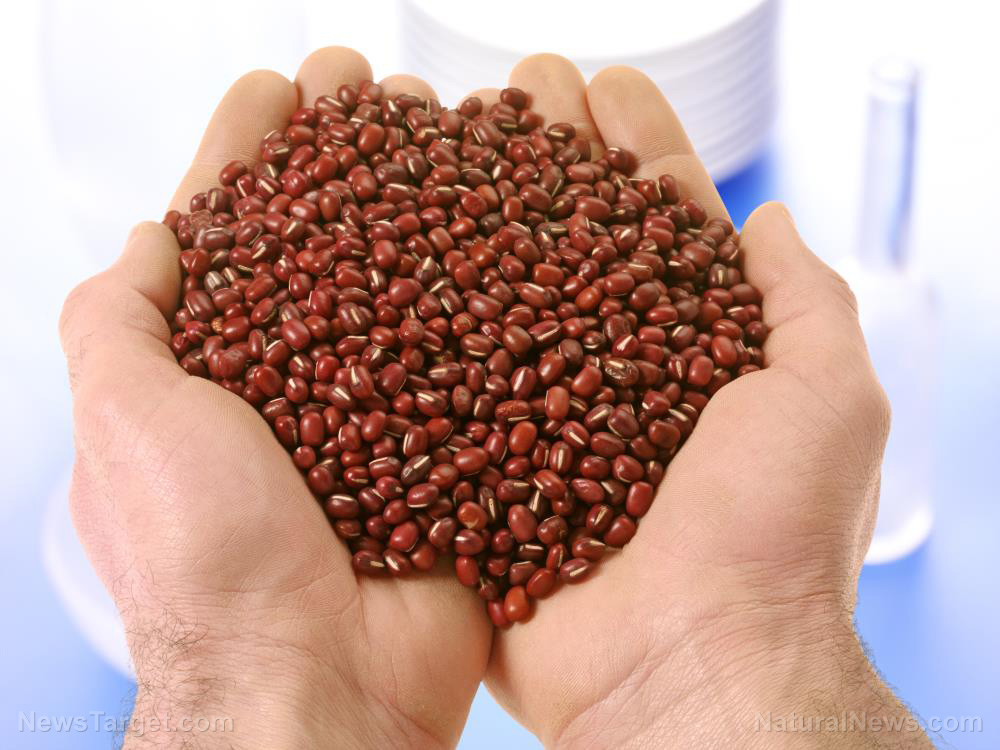Fatty liver disease on the rise in children—from too many sweet treats
10/27/2017 / By Janine Acero

A sweetener used in ice cream and soda may cause potentially fatal liver disease, a new study suggests. Researchers have found that high fructose consumption is triggering an early form of fatty liver disease in children, a condition that is normally associated with alcohol consumption, which can lead to cancer, stroke, and heart problems. Clinically obese children and adolescent are more susceptible to the illness.
Fatty liver, or hepatic steatosis, is a term that describes the buildup of fat in the liver. It is normal to have some fat in your liver, but too much causes serious health problems. Fatty liver develops when the liver can’t metabolize fructose at the same rate that the body is consuming it.
Our children are vulnerable
The research, published in the Journal of Clinical Investigation, found that mice fed with a high fructose diet became obese and developed greater insulin-resistance than those fed with the same amount in glucose. An important factor in fructose metabolism, Khk enzyme, was also found to develop in the animals fed with the high fructose diet.
Dr Softic, a paediatric gastroenterologist at Boston Children’s Hospital, said: “The disease is much more worrisome in a child of thirteen who goes from normal liver to fatty liver to liver inflammation over the span of several years than in somebody who has been overweight for 30 years. Kids also eat more sugar than adults, so fructose may be even more of a risk factor in children, which would add to their years of poor health.” (Related: Fructose is found to increase cardiovascular and diabetes risk in adolescents.)
Co-author Professor Ronald Kahn reinforces this statement: “This disease is almost always associated with obesity.”
Childhood obesity is a worldwide health problem and has been increasing steadily. Body mass index (BMI) is a measure used to determine childhood overweight and obesity. Diet and lifestyle are major risk factors—limiting your child’s consumption of processed foods and encouraging proper exercise are a couple of ways to help prevent obesity, and in turn may help reduce the risk of liver disease.
Fructose from fruit vs. industrial fructose
Fructose is harmful in large amounts, but eating whole fruits will not give you as much fructose as eating processed foods. Fruits consist of fiber and water, among other things, which take a while to digest. This slows down the metabolism of fructose in the liver. Moreover, eating fruits gives a full feeling in the stomach, unlike consuming soda and candy, which makes you want to eat more.
A standard diet consists of calories from sugar (sucrose) and high fructose corn syrup — these contain two simple sugars, glucose and fructose. Our bodies naturally produce glucose and provides energy to every cell in the body. On the other hand, humans don’t produce fructose. It is found in fruits, in fruit juices, and in honey (fructose is commonly called fruit sugar). It is also abundant in processed foods such as soda, candy, ice cream, breakfast cereal, and jelly and jams. Children tend to eat more sugar in the form of these sweet treats, which increases their risk of obesity and developing liver disease. The liver is the only organ that can metabolize fructose. When people consume excessive amounts of calories and fructose, the liver starts turning them into fat.
You can read similar stories to this one at Sweeteners.news.
Sources include:
Tagged Under: addiction, artificial sweetners, cardiovascular disease, child health, diabetes, diabetes risk, excessive sweet treats, fitness, fructose, healthy diet, heart health, Liver, liver disease, metabolism, obesity, obesity epidemic, overindulgence, overweight kids, sugar, sweet tooth, sweetener



















